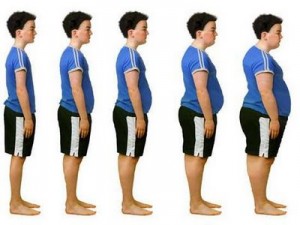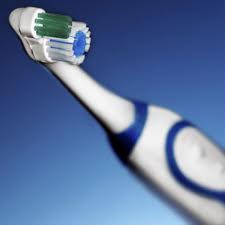Many people think of meditation as a magic bullet that can improve our health, sharpen our focus, and make us better people overall.
But in reality, the evidence on meditation is mixed. According to reviews by the Cochrane Collaboration, there is little evidence that mindfulness can help improve health problems such as fibromyalgia, anxiety, depression, and neck pain. There are some credible data that demonstrate meditation can improve risk factors for cardiovascular disease. And research on brain function shows that meditation can reduce feelings of pain. [Read more…]














